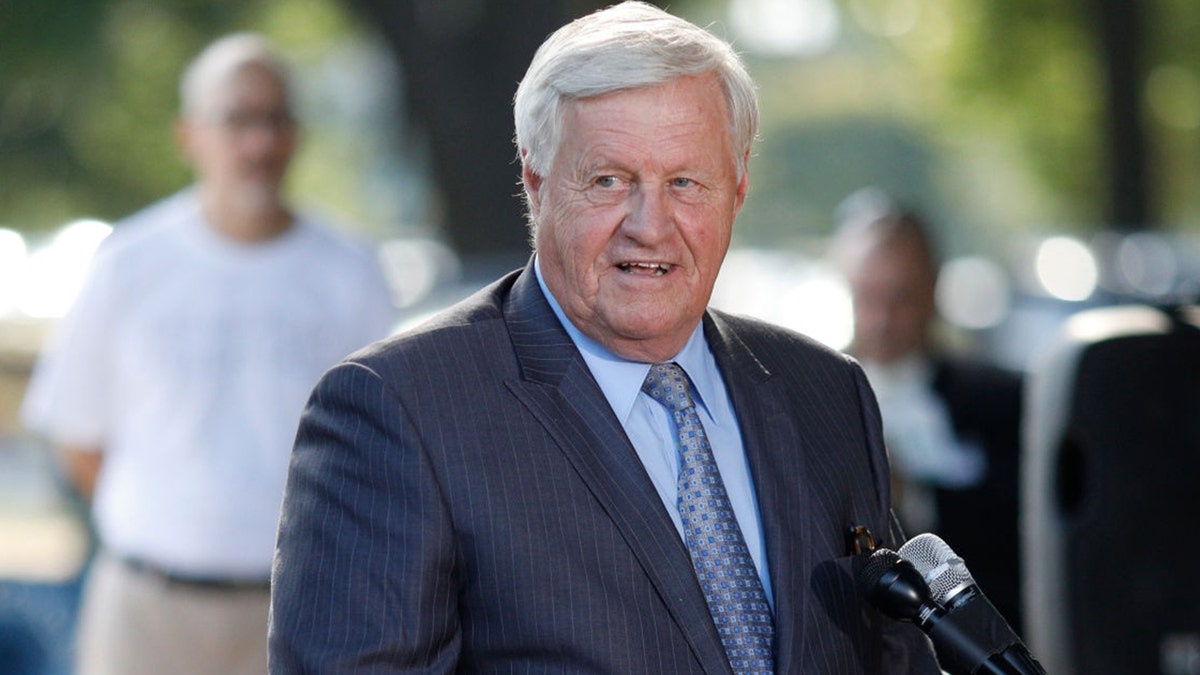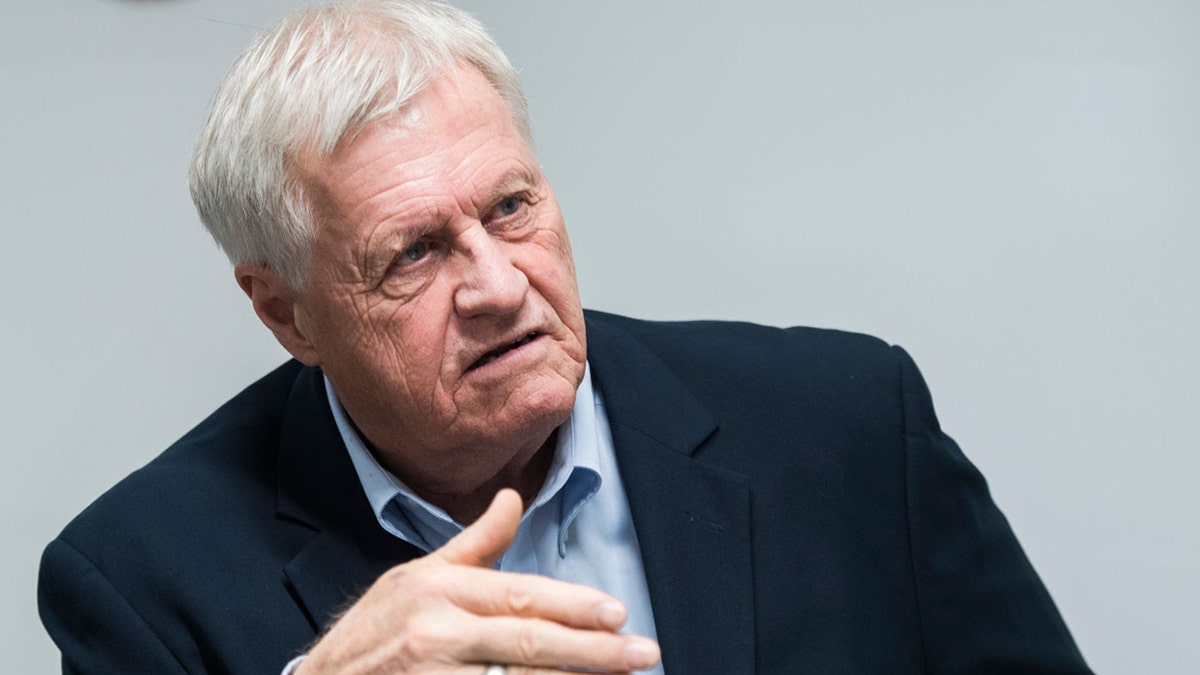Fox News Flash top headlines for October 15
Fox News Flash top headlines are here. Check out what's clicking on Foxnews.com.
Minnesota Democrat Rep. Collin Peterson personally charged taxpayers $39,113 for auto mileage reimbursements in the last Congress between 2017 and 2019, records obtained by Fox News show.
The congressman representing Minnesota's 7th District also billed his campaign $9,048 for mileage over the same time period, including $8,349 for mileage on his private, single-engine airplane.
"I have a lot of ground to cover to meet with constituents," Peterson said in a statement to Fox News. "It's an important part of my job as Representative."

Chairman of the House Agriculture Committee Rep. Collin Peterson (R-TX) delivers remarks during a rally for the passage of the USMCA trade agreement, on September 12, 2019 in Washington, DC. (Photo by Tom Brenner/Getty Images)
The average Minnesota delegation member personally billed taxpayers $2,290.76 for auto mileage during the last Congress, disbursement documents show.
TRUMP SAYS HE COULD WIN MINNESOTA, CITES DEMOCRATIC UNREST TO RESPONSE
Republicans have previously criticized Peterson for his travel expenses; in 2014, the GOP spent hundreds of thousands of dollars on attack ads that highlighted Peterson's travel expenses for two Ford Focus vehicles, as well as his plane, when he was facing then-Republican challenger Torrey Westrom.
The congressman, 76, has charged taxpayers nearly $190,000 in personal auto mileage reimbursements between 2009 and 2019.
Peterson spokesperson Sue Dieter confirmed that Peterson’s "Private Auto Mileage reimbursement includes his travel by plane and auto to meet with constituents throughout the 38 counties in the [7th District], and also travel between his home in Detroit Lakes and MSP to get to and from votes in Washington, D.C."
Dieter added that "If Congressman Peterson were not a pilot, he would likely take a commuter flight out of Fargo to return to Washington D.C., and the travel between Fargo and MSP would be recorded as Commercial Travel and not Private Auto Mileage."
MINNESOTA CORONAVIRUS CASES TRACED TO TRUMP, BIDEN CAMPAIGN EVENTS: REPORT
Members of Congress who were in office in 2018 received between $1.2 million and $1.9 million in Members' Representational Allowances, according to the Congressional Institute.

Rep. Collin Peterson, D-Minn., takes a tour of Simply Shrimp, which raises Pacific white shrimp in Blomkest, Minn., on September 20, 2018. (Photo By Tom Williams/CQ Roll Call)
Members may only use MRAs for official and representational expenses and can be reimbursed for travel expenses, including leased vehicles and rentals, subject to certain restrictions.
Peterson would have to drive 31,000 miles per year on official business to reach more than $39,000 in reimbursements for auto mileage during the last Congress, meaning he would have to drive 208 miles per day during the 170-or-so days he is traveling in Minnesota.
In 2017, Congress was in session for 192 legislative days, meaning that Peterson spent 173 days maximum in Minnesota. The congressman was reimbursed for more than $19,500 for driving 36,500 miles that year, or 210 miles every day when he was home.
But Minnesota's 7th District is expansive, reaching 31,796 total square miles from the Canadian border to the southern part of the state and covering almost the entire western side of the state. It could take more than six hours to drive from the northernmost part of the district to the southernmost part.
CLICK HERE TO GET THE FOX NEWS APP
"When weather allows, Congressman Peterson flies his plane between Detroit Lakes and MSP before using Commercial Travel between MSP and Washington D.C. Avoiding the connecting commercial flight is faster and more dependable," Dieter said.
She continued: "Unlike other Members of Congress, Congressman Peterson actually lives in his district and travels to and from Washington DC each week when there are votes. His travel expenditures would be lower if he did not come home over the weekend or choose to live in the Twin Cities."
Peterson is facing Republican challenger Michelle Fischbach, who became Minnesota's first female Senate president in 2018. President Trump endorsed Fischbach in March and asked Minnesotans to vote for her in the state's Primary Election in August.










































